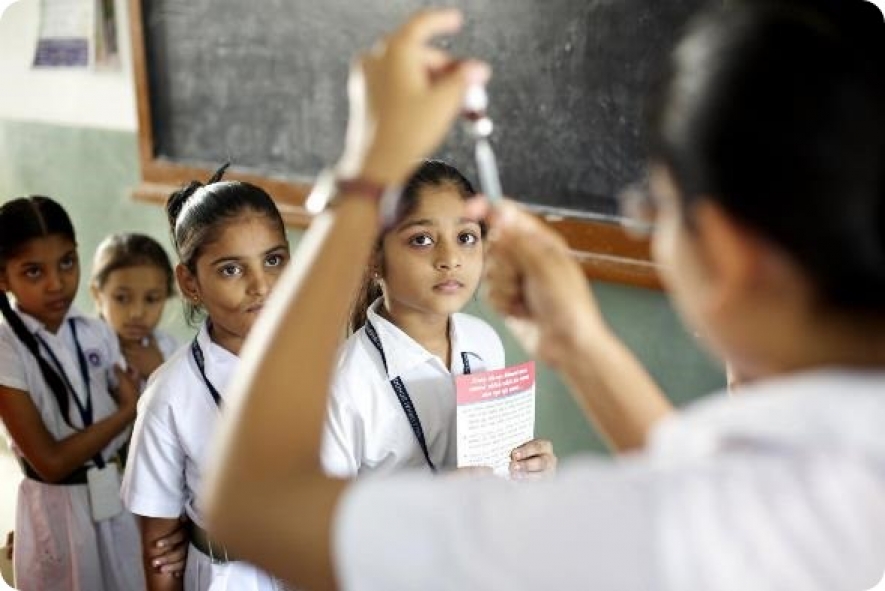According to the research, 129 nations of the world, six more than in 2013, vaccinate 90 percent of their children against diphtheria, pertussis and tetanus (DTP3).
However, WHO stated that 65 countries still need to improve their strategies for increasing the number of children with access to this vaccine, in particular, those countries with rates coverage below 50 percent, like Chad, Equatorial Guinea, Central African Republic, Syria, Somalia and South Sudan.
Moreover, UNICEF and WHO also considered that the levels of vaccination against hepatitis B increased to an 82 percent, while the vaccine against Haemophilus influenzae type B, was introduced in all countries of the world, except in China and Thailand.
The study also takes into account how are used the vaccines against pneumococcus and rotavirus, and reports that only 19 percent of the children in the world are protected with the vaccine, essential to avoid diarrhoeal diseases.



















